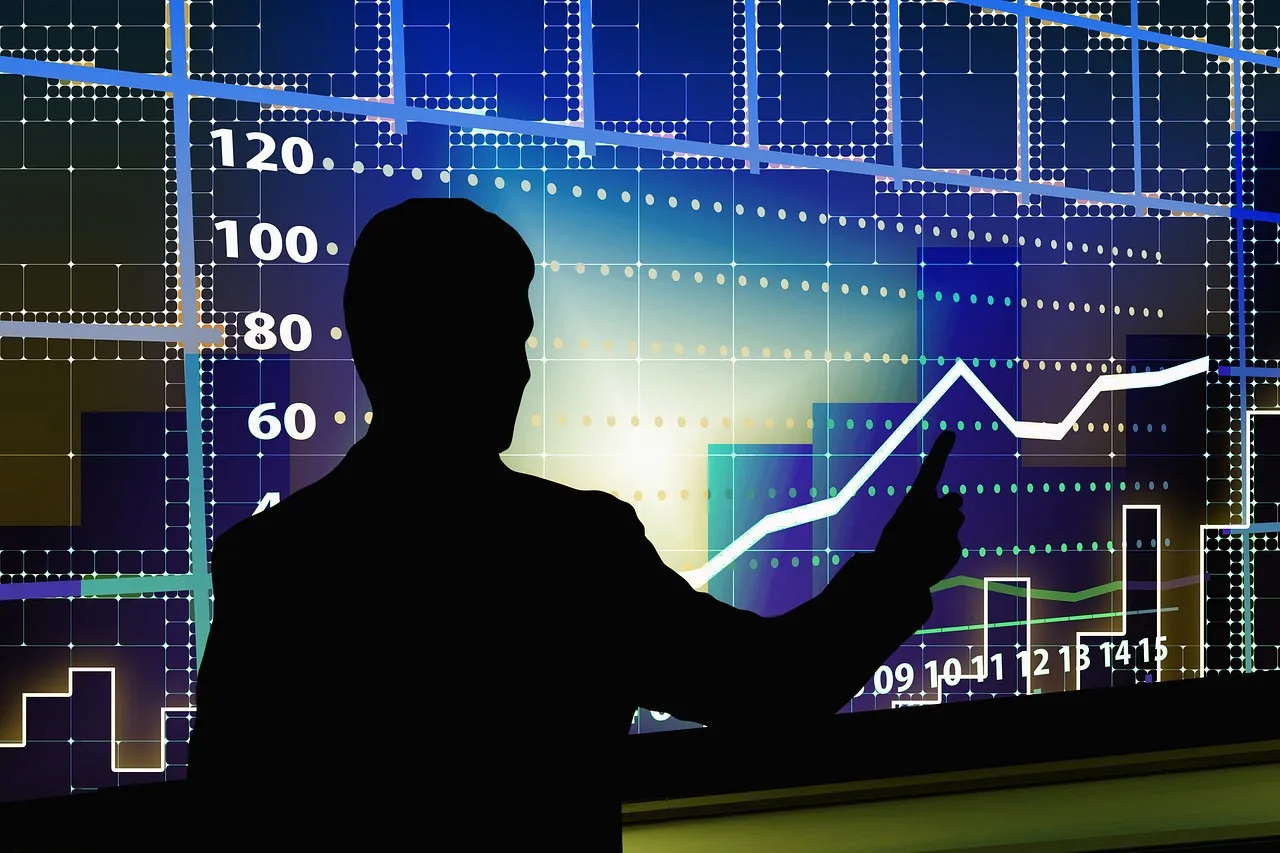Currency Devaluations and Inflation.
Essentially, currency devaluations and inflation are the same thing. In a domestic economy, inflation is the devaluation of the currency compared to the asset it’s exchanged for.
In other words, the currency is worth less, and it takes more of it to buy the same thing.
Economies are fueled by credit...
- Credit allows people to push their spending forward, which in aggregate fuels more income and money into the economy.
- That income, money...and credit...fuels asset prices higher…because when people buy things, the prices of those things go up.
- This rise in prices is inflation.
- Credit once spent, becomes debt that people must pay back.
- Some of this debt, people will not be able to pay back, because they can't afford the service payments, so it will be defaulted on.
- Some of this defaulted debt has to be replaced with money (printed from the central bank), in order for economies not to slip into a depression.
- More money in the system, especially when it exceeds defaulted debt, with the same productivity, and real assets...devalues currency.
We can't help ourselves.
Humans have an insatiable appetite for more. So when we add credit into a system, and people can spend more and faster, we do so. We can't help ourselves. We keep buying until credit is no longer available. This fuels asset bubbles.
Financial markets, institutions, and regulators, are just as imperfect as regular citizens that spend more than they have. So it's hard for them to stop asset bubbles.
In Conclusion.
Modern economies are built on credit, and since people can spend more than they earn with credit, this eventually leads to currency devaluations, inflation and asset bubbles.
And as long as credit is available, and as long as humans stay human, we will continue to have them.
Stay frosty people
